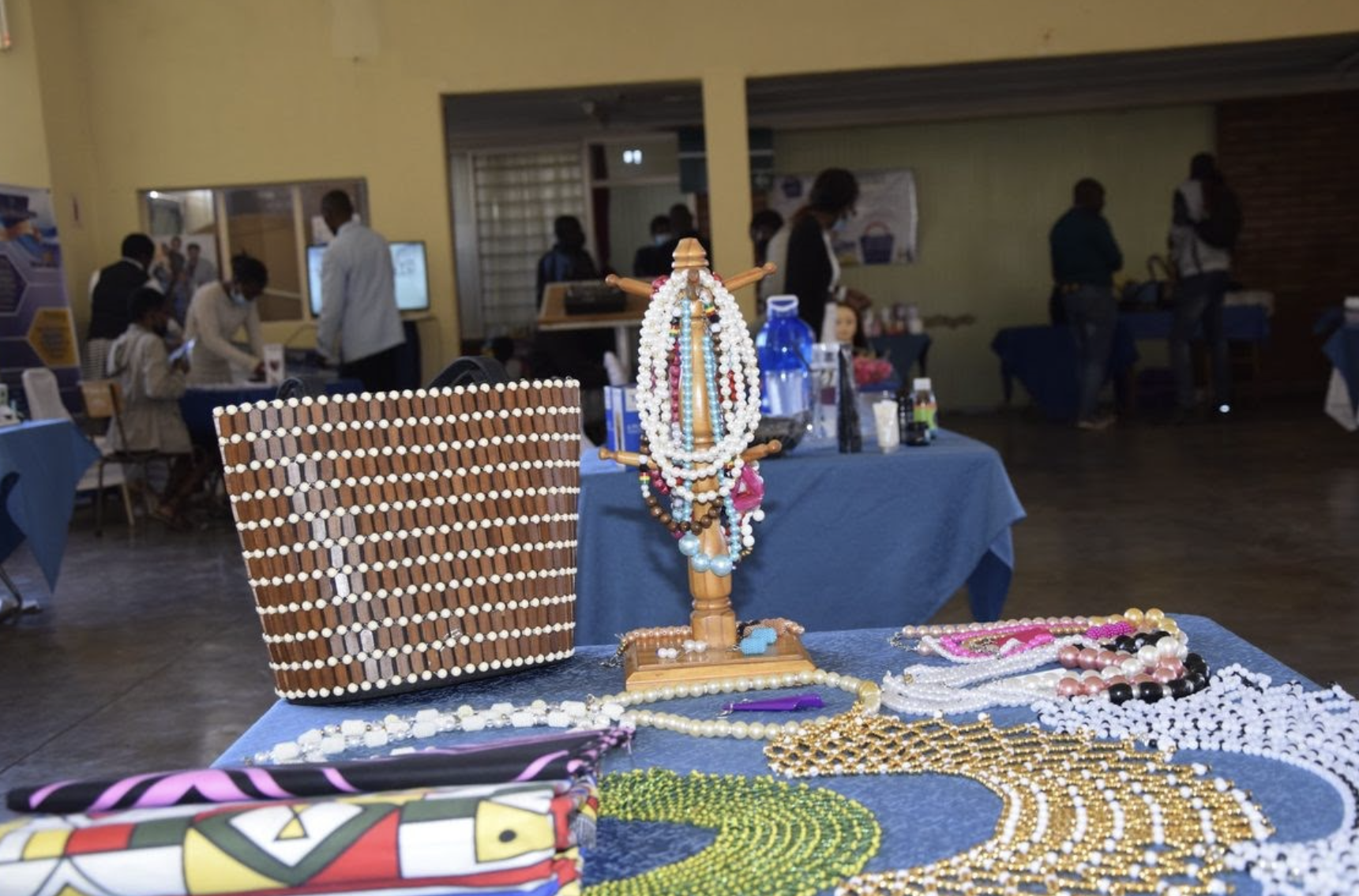You are invited! Join us for Climate Pollinators, a webinar series on creation care. See below!
Like many in Zimbabwe, Sukoluhle Ncube splits her time between the city where her family lives and works, and the rural community where they farm, 40 minutes away.
“Most of the people have two homes,” Sukoluhle Ncube says. “In the town, you come and work and all that, but in the village that’s where we practice our agriculture.”
Sukoluhle Ncube has a degree in business management and information technology. She spends most of her weekends and holidays working on her family’s plot of land in the village of Irisville.
Sukoluhle Ncube explains that instability in the Zimbabwean economy makes it hard to make enough money to live off of. Many families supplement their incomes by growing their own corn, finger-millet and sorghum, and raising livestock. But recently, changes in seasonal patterns due to climate change are making farming less reliable.
The World Bank reported that in 2020, almost 50 percent of Zimbabweans faced food poverty. The number has gone down slightly since the pandemic, but many, especially those who practice subsistence agriculture, still struggle to meet their needs. One of the main culprits identified in the report is drought.
“Climate change has altered the rain patterns,” says Sukoluhle Ncube. The rainy season used to start at the end of October and last until March. Now the rain often doesn’t come until mid-December and is over in a month.
“(The crops) dry out and die,” says Sukoluhle Ncube. “All this climate change, it affects a lot of people, even people in the big cities.”
Her church, Brethren in Christ Church Lobengula, has started programs to help its members solve these challenges.
“Usually, we separate business from our everyday worship,” said Ntando Ndlovu. She directs the “Empowered Worldview” initiative.
The project aims to build resiliency by giving church members the skills, connections and markets they need to generate income.
For a year, the church held workshops teaching congregants skills to start their own businesses. Then last May, the participants were invited to present their businesses at an exposition held after church.
Thirty-seven small business owners set up tables displaying their goods and services. The stalls offered everything from handmade purses to organic produce to welding services to cotton candy made on the spot.
The expo “was set up as an effort to create an active business ecosystem, which will enable trade amongst congregants,” says Sukoluhle Ncube.
“I think it turned out really well,” she says. “A lot of people came in; a lot of people felt so supported.”
—Sierra Ross Richer is a member of Waterford Mennonite Church, Goshen, Indiana, USA. She is an intern with the Anabaptist Climate Collaborative (ACC). This story from the ACC’s Lent Climate Pollinator Series: Global Anabaptist Stories on Climate Change is reprinted with permission.
|
You are invited! Join us for Climate Pollinators, a webinar series on creation care. MWC’s Creation Care Task Force members from each region will host one hour of storytelling and Q&A. Church members from around the world will share how they are affected by climate change – and responding with resilient action and gospel hope. Other featured stories for Africa focus
Missed this webinar? Watch the recording here. Each webinar will take place at on Tuesday at 14:00 UTC (click here to find the time in your region). Register here:
|
